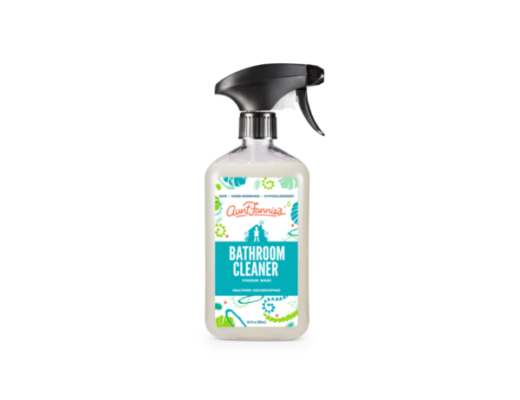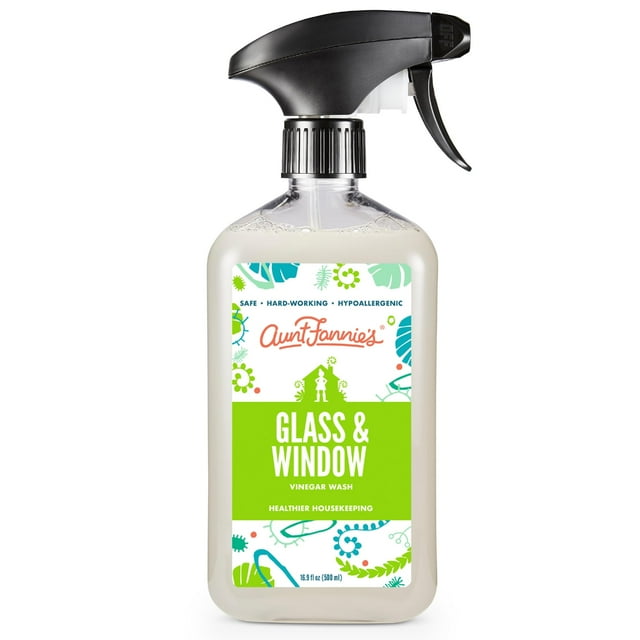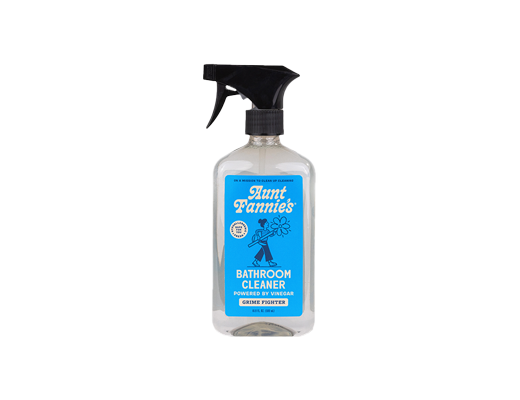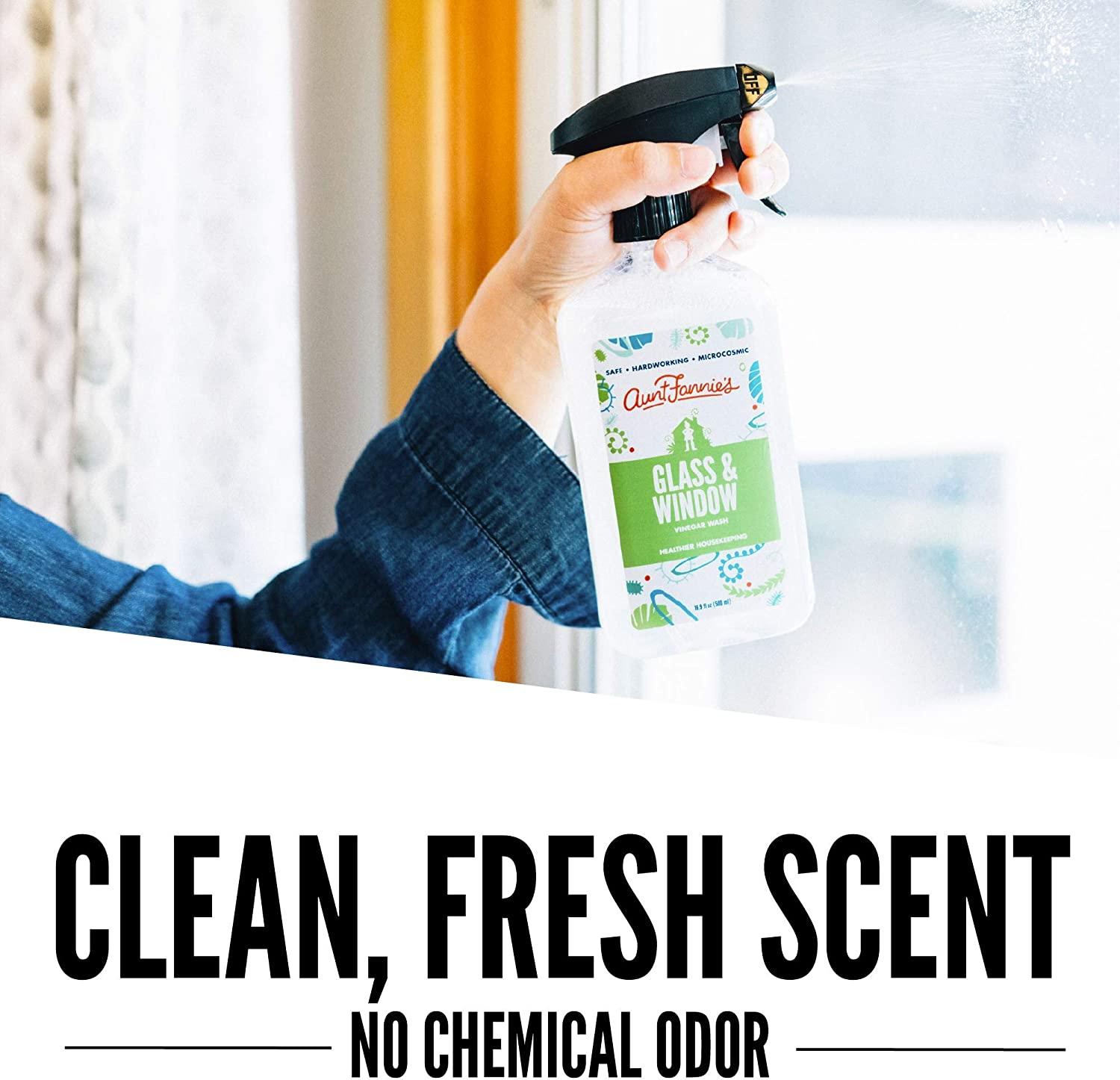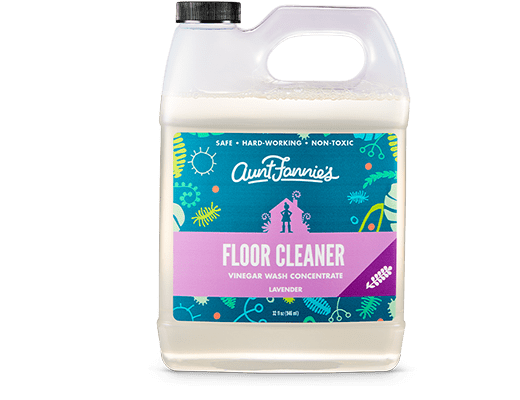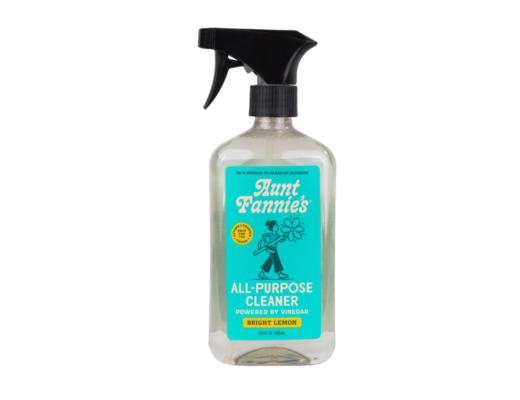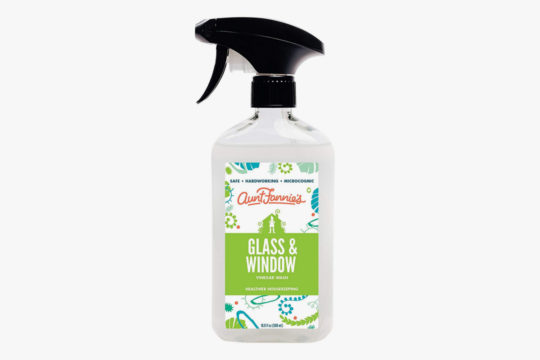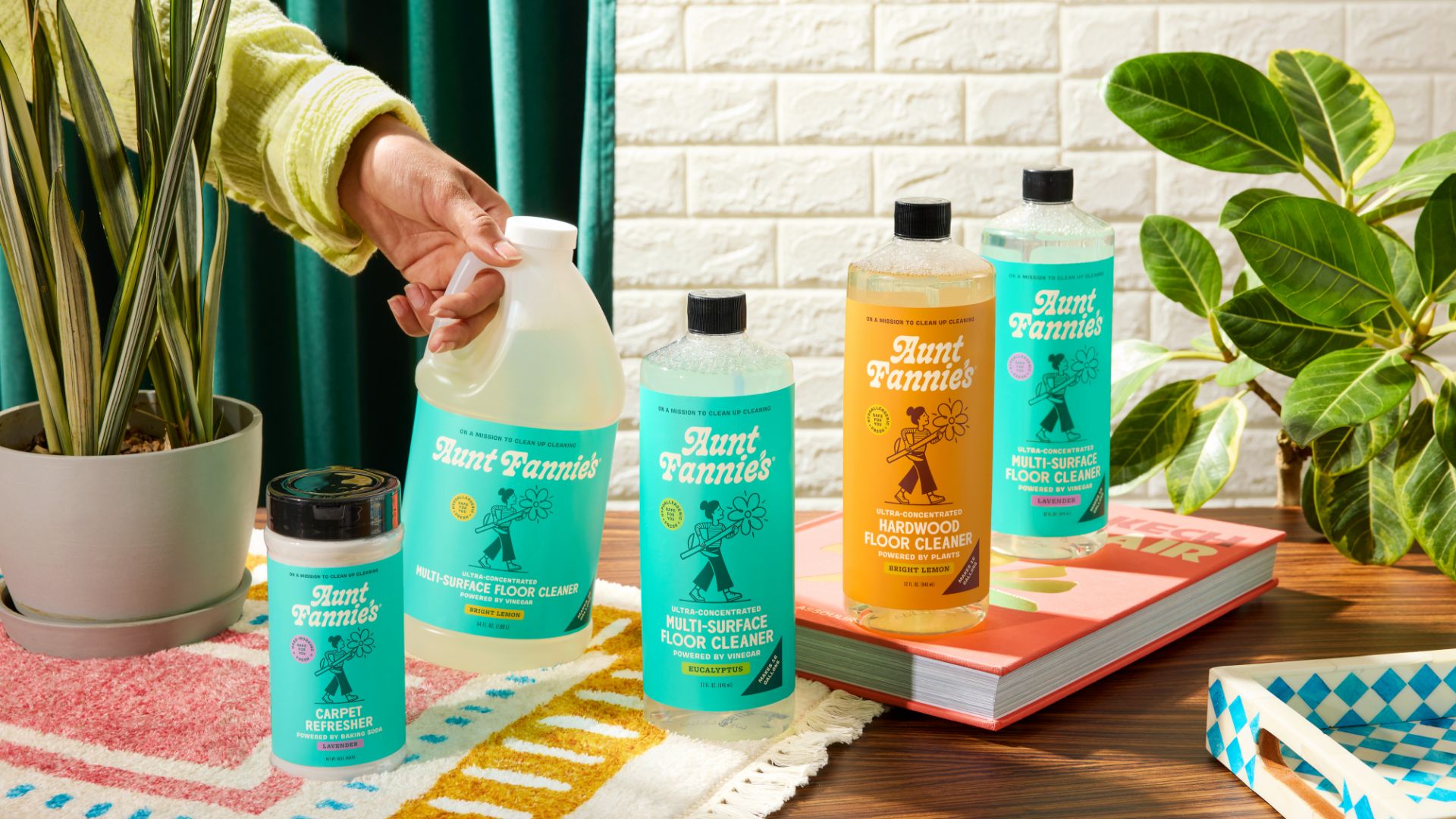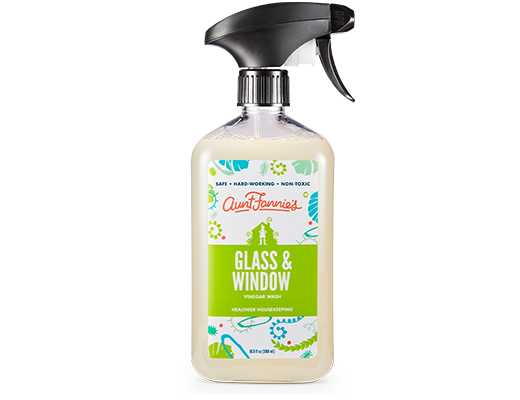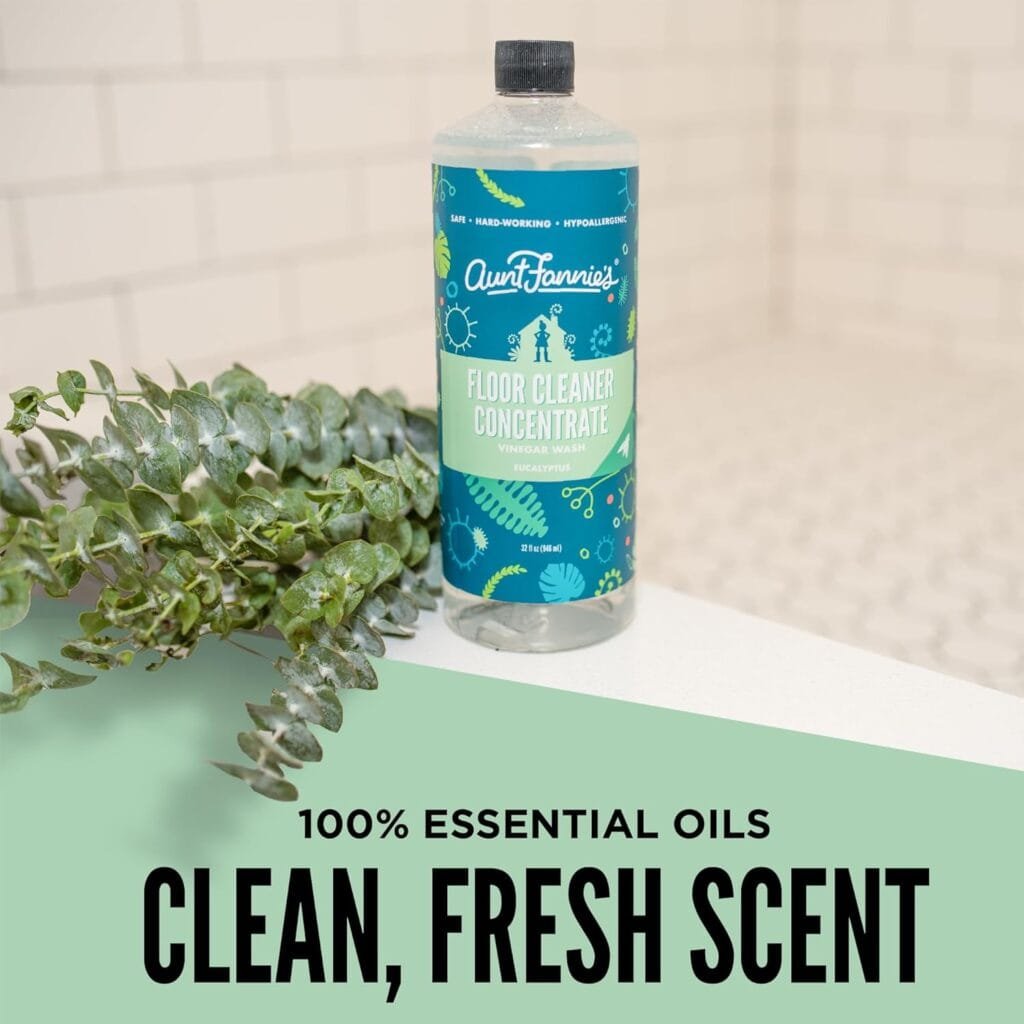Aunt Fannie's Glass & Window Vinegar Wash
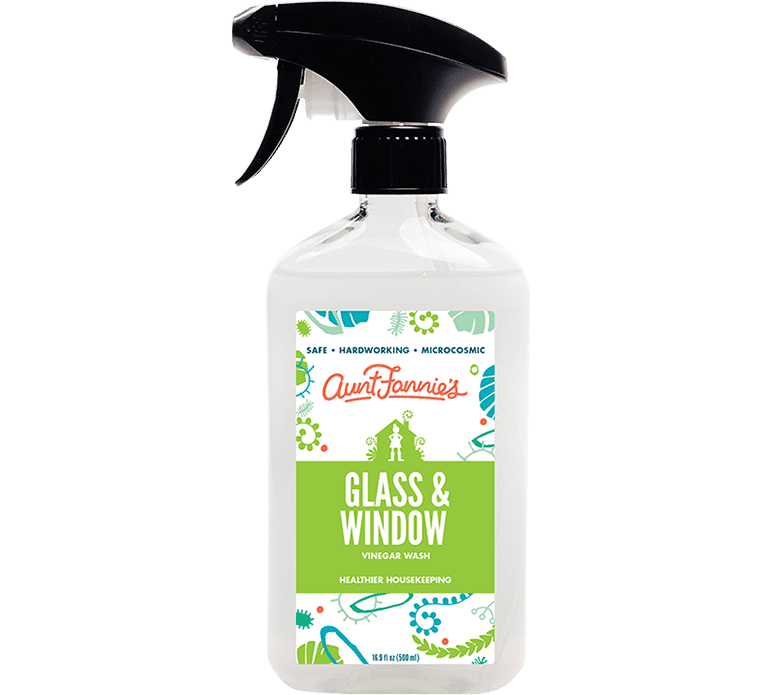
The quest for a streak-free shine, coupled with growing environmental consciousness, is driving a quiet revolution in household cleaning. Consumers are increasingly scrutinizing the ingredients in their cleaning products, demanding transparency and sustainability. This shift is putting established brands on notice and creating space for innovative, eco-friendly alternatives.
At the forefront of this movement is Aunt Fannie's Glass & Window Vinegar Wash, a product that's gaining traction by promising effective cleaning with plant-based ingredients. The product's rise highlights a larger trend: the increasing consumer desire for safer, more sustainable household solutions. This article delves into Aunt Fannie's Glass & Window Vinegar Wash, examining its ingredients, performance, market position, and the broader implications of its success for the cleaning industry and the environment.
The Ingredients and Their Impact
Aunt Fannie's Glass & Window Vinegar Wash distinguishes itself with a focus on natural ingredients. The key component, as the name suggests, is vinegar, a well-known natural cleaning agent. It's combined with other plant-derived ingredients, eschewing the harsh chemicals often found in conventional window cleaners.
The company emphasizes the transparency of its ingredient list. This is a direct response to consumer demand for clarity about what they are bringing into their homes. Many traditional glass cleaners contain ingredients like ammonia and synthetic fragrances, which can be irritating to some individuals and potentially harmful to the environment.
Vinegar's cleaning power lies in its acidity, which helps to dissolve dirt, grime, and hard water stains. The other plant-based ingredients in Aunt Fannie's formula likely contribute to its cleaning efficacy and overall user experience. The exact composition of these ingredients is proprietary, but Aunt Fannie's maintains they are derived from sustainable sources.
Performance and User Experience
The effectiveness of any cleaning product is paramount, regardless of its environmental credentials. User reviews of Aunt Fannie's Glass & Window Vinegar Wash are generally positive, with many highlighting its ability to cut through grime and leave a streak-free shine.
Some users note a slight vinegar scent, which is to be expected given the product's key ingredient. However, this scent typically dissipates quickly after cleaning. Compared to conventional glass cleaners, some reviewers have reported that Aunt Fannie's might require a bit more wiping or buffing to achieve the same level of streak-free clarity, particularly on heavily soiled surfaces.
The spray bottle design and ease of use are also important aspects of the user experience. Aunt Fannie's aims for a simple, intuitive design that makes cleaning straightforward. The company has also focused on the sustainability of their packaging, exploring options like recyclable plastics or concentrated refills to reduce waste.
Market Position and Competition
Aunt Fannie's operates in a competitive market dominated by established brands like Windex and Sprayway. These brands have a long history and significant marketing budgets. However, the rising popularity of eco-friendly cleaning products is creating opportunities for smaller, niche players like Aunt Fannie's.
The company differentiates itself through its commitment to natural ingredients, transparency, and sustainability. This resonates with a growing segment of consumers who are willing to pay a premium for products that align with their values. Aunt Fannie's is often found in natural food stores, online marketplaces, and select mainstream retailers.
The success of Aunt Fannie's and similar brands is prompting larger corporations to take notice. Some are responding by introducing their own lines of "green" cleaning products, which are trying to compete. This creates a more competitive landscape but also drives greater awareness and availability of sustainable cleaning solutions.
The Broader Impact and Future Outlook
The increasing demand for products like Aunt Fannie's Glass & Window Vinegar Wash signals a significant shift in consumer behavior. People are increasingly willing to question the status quo and seek out alternatives that are better for their health and the environment. This trend has far-reaching implications for the cleaning industry and beyond.
The environmental impact of conventional cleaning products is a growing concern. Many contain harsh chemicals that can pollute waterways, harm aquatic life, and contribute to air pollution. By choosing plant-based alternatives, consumers can reduce their environmental footprint and support a more sustainable future.
Looking ahead, the market for eco-friendly cleaning products is expected to continue to grow. Innovation will likely focus on developing even more effective and sustainable formulations. Furthermore, Aunt Fannie's success may encourage other companies to adopt more transparent and sustainable business practices, leading to a healthier and cleaner world.
Expert Opinions and Data
According to the Environmental Protection Agency (EPA), consumers can reduce their exposure to potentially harmful chemicals by choosing cleaning products with safer ingredients. The EPA's Safer Choice program helps consumers identify products that meet certain environmental and health criteria.
A study by Nielsen found that consumers are increasingly willing to pay more for sustainable products. This trend is particularly pronounced among millennials and Gen Z, who are often more environmentally conscious than older generations.
Market research firms such as Mintel and Grand View Research project continued growth in the global green cleaning products market. This growth is driven by increasing awareness of environmental issues and a desire for healthier living environments.
Dermatologists often recommend fragrance-free and dye-free cleaning products for individuals with sensitive skin. Aunt Fannie's emphasis on natural ingredients can be appealing to those seeking gentler alternatives.
